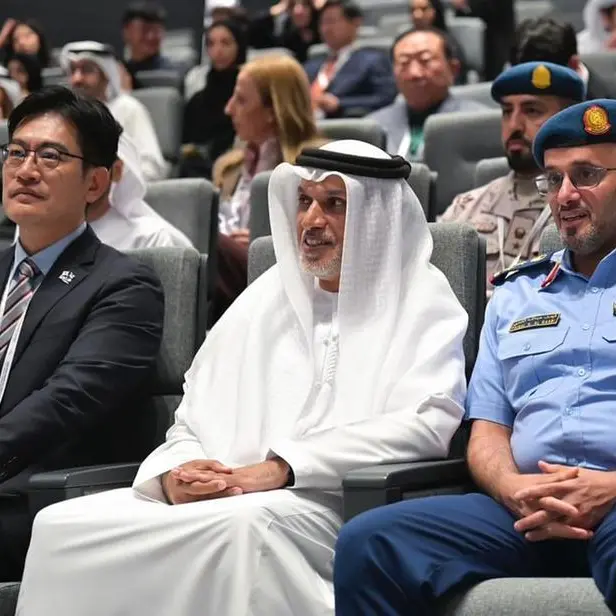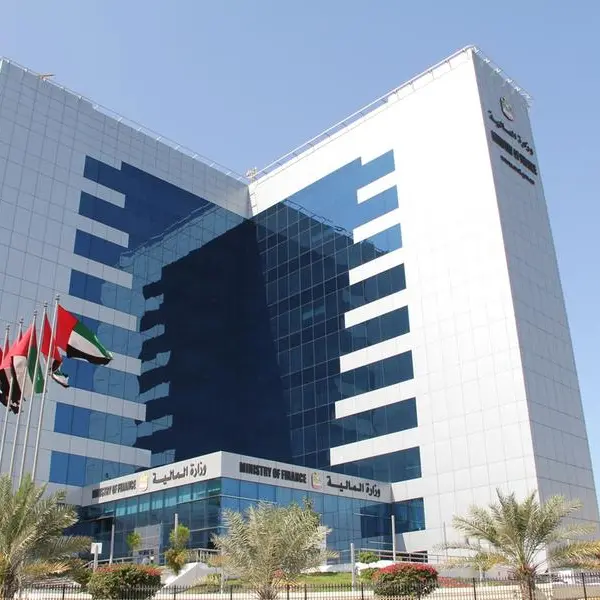PHOTO
Despite relatively tight fiscal policy and some external headwinds, Gulf Co-operation Council (GCC) economies are expected to grow at a faster pace in 2022 as energy prices recover.
Dubai-based Emirates NBD said the region's economies are set to grow 5.1 percent following 2.3 percent growth in 2021. GDP contracted 4.9 percent in 2020 when the COVID-19 coronavirus pandemic began.
"The recovery in the GCC economies gained momentum in the second half of 2021 as travel restrictions eased, tourism rebounded and domestic demand strengthened," the lender's chief economist Khatija Haque said in the report.
Regional PMI surveys pointed to an acceleration in non-oil sector growth in the UAE, Saudi Arabia and Qatar, while the OPEC+ agreement to gradually increase oil production from July contributed to a recovery in the oil and gas sectors as well, the lender said.
In an earlier report the lender had forecast the UAE headline GDP growth to accelerate to 4.6 percent this year from an estimated 1.9 percent in 2021.
Last year GCC countries committed to tighter spending plans and other fiscal reforms that had been introduced in 2020, despite recovery in oil prices. “We expect this approach to continue in 2022. Saudi Arabia, the region’s largest economy, has pencilled in a 6 percent decline in spending in the 2022 budget even as revenue projections were increased.”
Despite the positive outlook, there is still a high degree of uncertainty especially with regards to the Omicron variant of the coronavirus. The highly transmissible variant has caused renewed travel restrictions and lockdowns in some countries, mainly in Europe and parts of Asia, which will likely weigh on economic growth in the near term.
Another potential risk to the outlook for 2022 relates to the withdrawal of the exceptional stimulus injected into the global economy in 2020, which could likely to lead to heightened volatility in financial markets and provide a further headwind to growth in the GCC in the form of higher borrowing costs and a stronger US dollar in the GCC.
"In our view however, the structural reforms implemented over the last couple of years, along with a much stronger fiscal position and recovering domestic demand, will support growth in the GCC in 2022 and beyond," said Haque.
In the UAE, these reforms include the expansion of longer-term residency visas to broader categories of residents and new pathways to citizenship, wide-ranging changes to personal and labour laws, allowing 100 percent foreign ownership of onshore companies and the decision to align the UAE’s working week with that of major economies.
In Saudi Arabia, the changes include those cutting the bureaucratic red tape, implementing wide-ranging social reforms and investing in infrastructure to enable greater private sector investment and participation in the economy.
(Writing by Brinda Darasha; editing by Seban Scaria)
Disclaimer: This article is provided for informational purposes only. The content does not provide tax, legal or investment advice or opinion regarding the suitability, value or profitability of any particular security, portfolio or investment strategy. Read our full disclaimer policy here.
© ZAWYA 2022




















